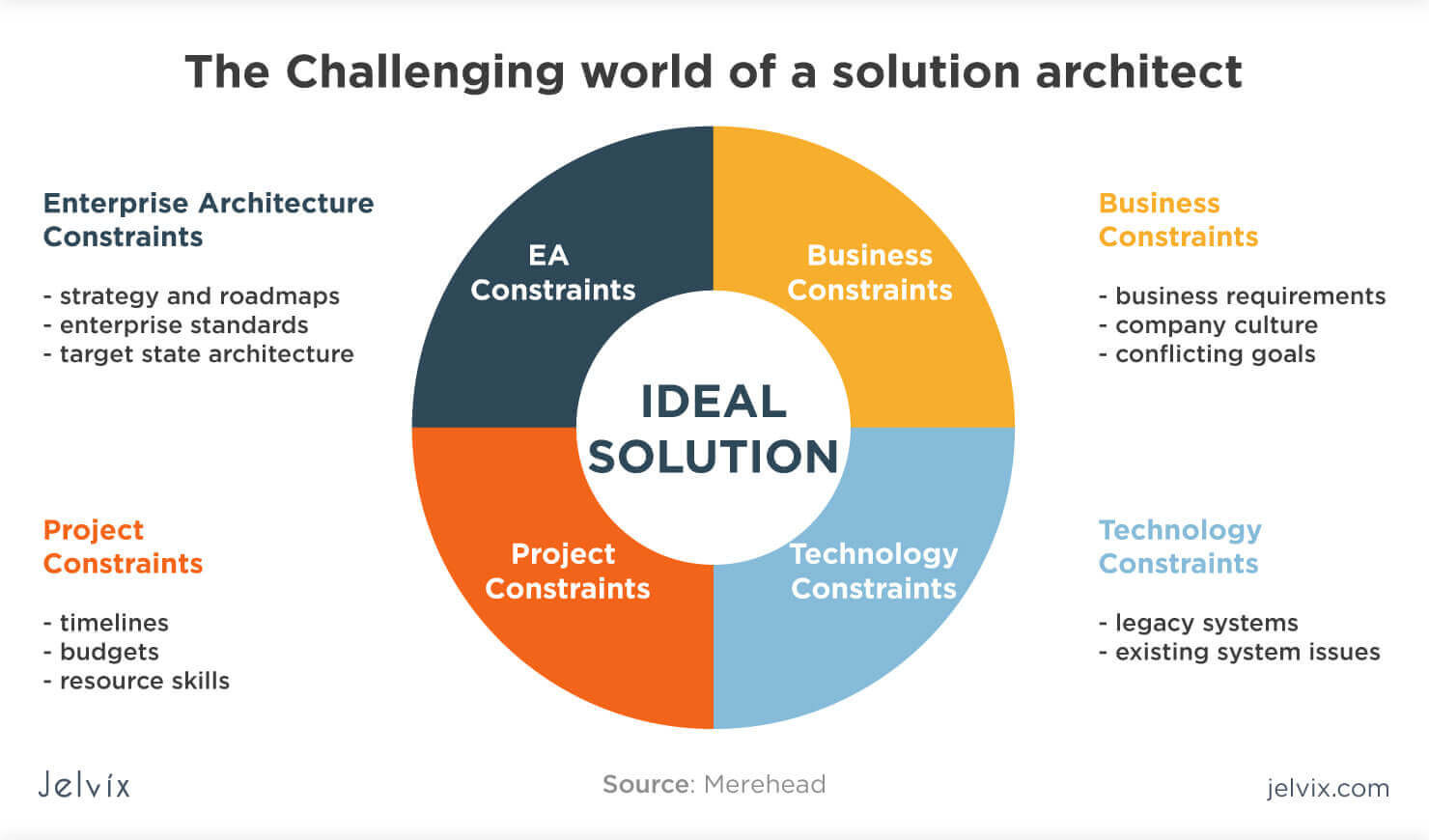In the rapidly evolving landscape of data analytics, the role of a solutions architect plays a pivotal part in designing and implementing robust data solutions. This article explores the core responsibilities, essential skills, and FAQs related to the role of a solutions architect specializing in data analytics.
Understanding the Role of a Solutions Architect
A solutions architect in the realm of data analytics is primarily responsible for translating business requirements into scalable, secure, and efficient data solutions. They bridge the gap between business problems and technology solutions, ensuring that the architecture supports the organization’s strategic objectives.
Core Responsibilities of a Solutions Architect in Data Analytics
- Designing Data Architecture: Solutions architects create blueprints for data management systems, ensuring they align with business goals and scalability requirements.
- Selecting Tools and Technologies: They evaluate and choose appropriate tools, frameworks, and databases based on project needs, performance requirements, and industry best practices.
- Implementing Data Security: Security is paramount in data analytics. Solutions architect incorporate robust security measures to protect sensitive data from breaches and unauthorized access.
- Ensuring Scalability and Performance: They design systems that can handle large volumes of data efficiently, optimizing performance through techniques like data partitioning and caching.
- Collaborating Across Teams: Effective communication with stakeholders, developers, data scientists, and analysts is crucial to ensure alignment and successful implementation of solutions.

Essential Skills for a Solutions Architect in Data Analytics
- Data Modeling and Database Design: Proficiency in designing relational and non-relational databases, understanding data structures, and normalization principles.
- Programming and Scripting: Skills in languages such as SQL, Python, or Java are essential for data manipulation, transformation, and integration.
- Cloud Platforms: Experience with cloud providers like AWS, Azure, or Google Cloud, understanding services such as S3, Redshift, BigQuery, etc., is increasingly valuable.
- Big Data Technologies: Familiarity with frameworks like Hadoop, Spark, Kafka, and others for processing and analyzing large datasets.
- Security and Compliance: Knowledge of data security best practices, regulations such as GDPR or HIPAA, and implementing encryption and access controls.
- Problem-Solving and Analytical Thinking: Ability to analyze complex problems, identify root causes, and devise effective solutions aligned with business objectives.
FAQs About Solutions Architects in Data Analytics
Q: What qualifications do I need to become a solutions architect in data analytics?
A: Typically, a bachelor’s degree in computer science, information technology, or a related field is required. Additionally, certifications in cloud platforms or specific technologies can enhance your prospects.
Q: How does a solutions architect differ from a data architect?
A: While both roles involve data management, a solutions architect focuses more broadly on designing entire systems and integrating various technologies, whereas a data architect concentrates on designing specific databases and data flows.
Q: What are the career prospects for solutions architects in data analytics?
A: With the increasing reliance on data-driven decision-making across industries, the demand for skilled solutions architects in data analytics is projected to grow significantly. Career advancement opportunities include senior architect roles, consultancy, or specialized domains like AI and machine learning integration.
Conclusion
In conclusion, a solutions architect specializing in data analytics plays a critical role in shaping efficient and scalable data solutions that drive business success. By combining technical expertise with strategic thinking and communication skills, these professionals enable organizations to harness the full potential of their data assets.
Understanding the responsibilities, acquiring essential skills, and staying updated with industry trends are key to excelling in this dynamic field. As data continues to be a cornerstone of modern business operations, the role of the solutions architect in data analytics remains indispensable.




